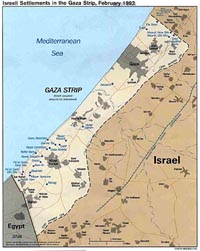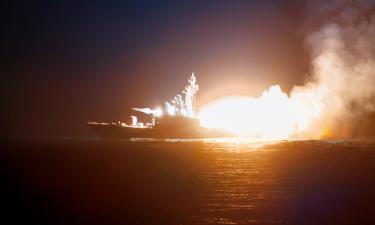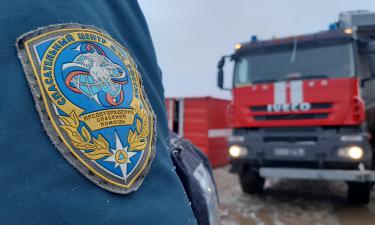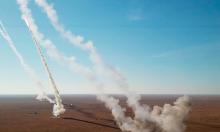Israeli forces enter Gaza
Israeli tanks and soldiers began taking up positions in two locations east of the Gaza town of Rafah under the cover of tank shells, according to witnesses and Palestinian security officials. Palestinians dug in behind walls and sand embankments, bracing for a major Israeli offensive. The Israeli forces were about 1 1/2 kilometers (a mile) away from the town.

It was the first Israeli ground offensive in Gaza since it pulled out of the territory last summer, tearing down all 21 Jewish settlements and evacuating all troops.
The Israeli strikes came amid intensive diplomatic efforts in the Arab world and by the United Nations. Secretary of State Condoleezza Rice urged Israel to "give diplomacy a chance."
Trying to defuse building tensions, negotiators from the ruling Hamas movement said Tuesday they had accepted a document implicitly recognizing Israel. But two Syrian-based Hamas leaders, who hold great weight within the movement, denied a final deal had been reached.
Israel said only freedom for the captive soldier, Cpl. Gilad Shalit, could defuse the crisis, not a political agreement.
Vice Premier Shimon Peres told CNN that the incursion was also meant to deter other abductions, according to the AP.
The Israeli military said in a statement that the object of the attacks on the bridges was "to impair the ability of the terrorists to transfer the kidnapped soldier." Knocking down the bridges cut Gaza in two, Palestinian security officials said.
Early Wednesday, Israeli warplanes attacked one of the bridges for a second time, Palestinian security officials said. A public works official said it would take three months to repair the main bridge linking northern and southern Gaza, a coastal area that is home to about 1.3 million Palestinians.
Overnight, Israeli planes fired at least nine missiles at Gaza's only power station, cutting electricity to 65 percent of the Gaza Strip, engineers at the station said. The station's three functioning turbines and a gasoline reservoir were engulfed in enormous flames after the attack, and hours later, white smoke still billowed forth, and the power plant's generators were totally black.
The attack raised the specter of a humanitarian crisis in Gaza, as water pumps in the strip are powered by electricity. Some power in Gaza City was restored by tapping into electricity supplied by Israel in northern Gaza.
Subscribe to Pravda.Ru Telegram channel, Facebook, RSS!




